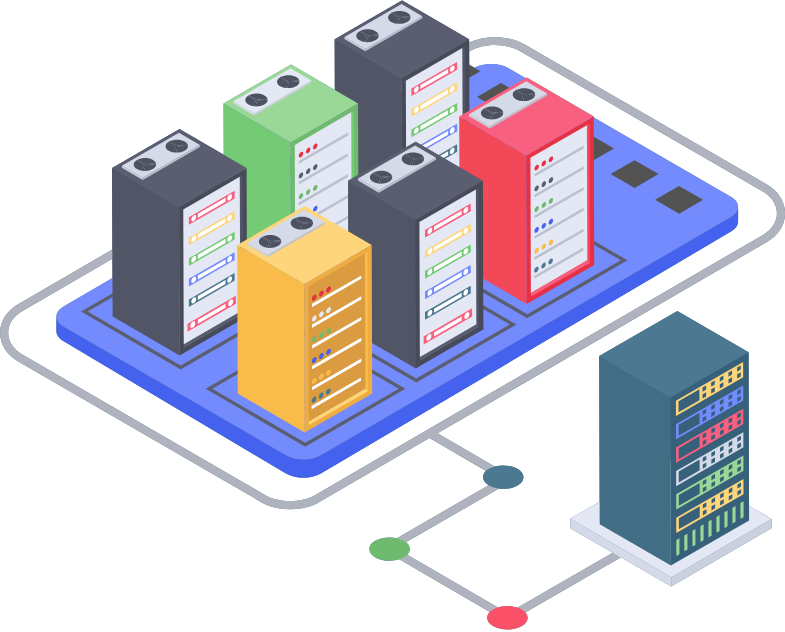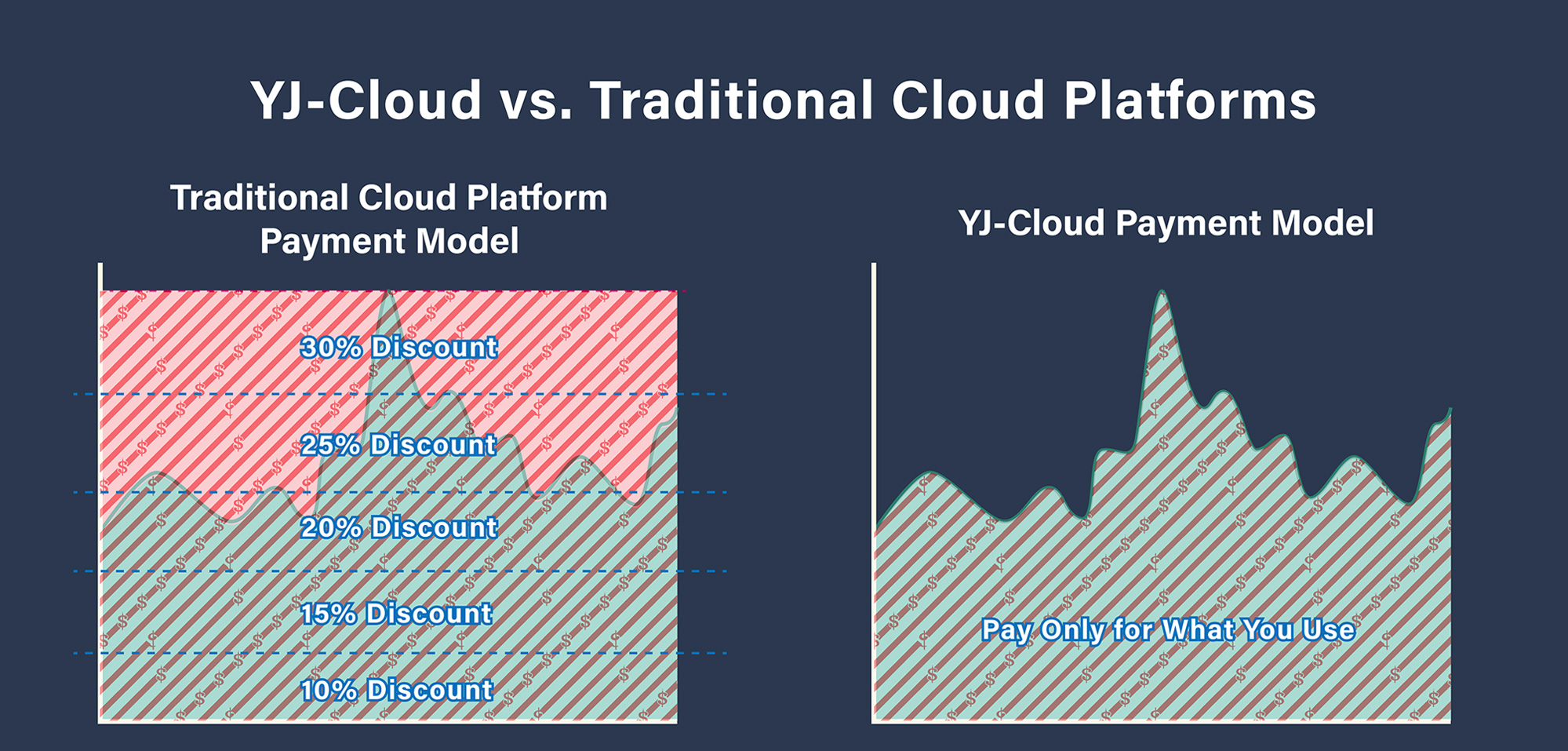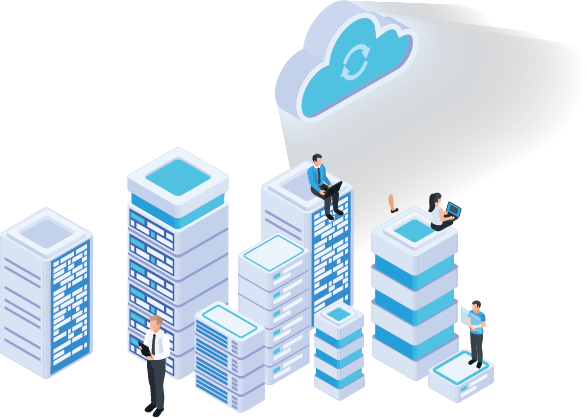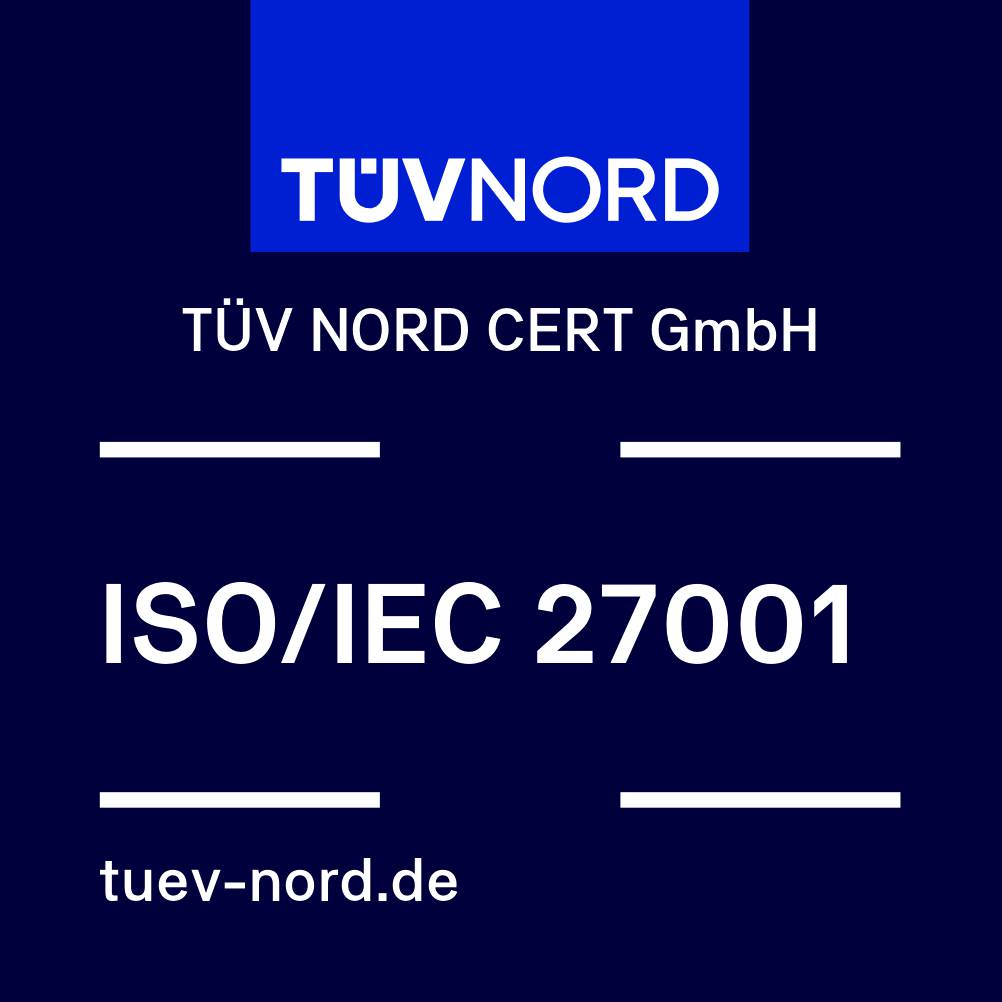Why YJ-Cloud is Better for Your Business
Why Choose YJ-Cloud Over GCP for Your Business?
When selecting a cloud service, businesses often prioritize three key factors: cost-effectiveness, ease of technical management, and reliable technical support. Since each cloud platform has unique characteristics, this article compares the features of Google Cloud Platform (GCP) and YJ-Cloud, analyzing billing models, service models, and technical support. We'll also introduce a new option designed to solve IT challenges for your business.

Comparison: YJ-Cloud vs. GCP
| Comparison Criteria | YJ-Cloud | GCP (Google Cloud Platform) |
|---|---|---|
| Cost-Effectiveness | Pay-as-you-go with no hardware costs, lower overall expenses | Pay-per-use model, but with additional costs for VMs and other hardware |
| Resource Flexibility | Automatic resource scaling (scale-up) for high traffic periods | Supports flexible resource scaling but requires manual configuration |
| Technical Support | 24/7/365 comprehensive support, from planning to maintenance | Offers documentation and guides; additional support requires paid plans |
| Applicability | Designed for businesses with simplified management and lower costs | More suitable for large enterprises with extensive customization options |
| Stability | Ensures stable performance during high traffic without downtime concerns | Offers stability and scalability but requires dedicated management |
Billing Flexibility — The Difference Between Pay-as-you-go and On-Demand Billing

YJ-Cloud: Practical Pay-as-you-go Model
YJ-Cloud adopts a more flexible pay-as-you-go model, allowing precise billing based on actual resource usage. This model is ideal for businesses with fluctuating demands. No need to estimate traffic in advance—YJ-Cloud dynamically allocates resources according to traffic fluctuations, reducing resource waste and minimizing monitoring efforts.
GCP: Standardized On-Demand Billing Model
GCP offers an on-demand billing model with a standardized pricing structure. Some resource types (e.g., reserved virtual machines) may require upfront payments or long-term contracts.
While GCP provides a one-month free trial, predicting annual or even three-year usage within a short period can be challenging. Significant traffic fluctuations may result in either overpayment for unused resources or insufficient resources requiring additional purchases.
Service Models — Simplifying the Technical Burden for Businesses
The primary difference between GCP and YJ-Cloud lies in their service models. GCP operates as an Infrastructure as a Service (IaaS) platform, while YJ-Cloud offers Platform as a Service (PaaS).GCP provides infrastructure components such as VMs, storage, and networking. Enterprises must have their own engineering teams to manage and configure these resources. This model is suitable for large enterprises with dedicated technical teams seeking high levels of customization.
YJ-Cloud’s PaaS model is designed to reduce the technical burden on businesses. Recognizing that many businesses lack specialized IT teams, YJ-Cloud enables companies to focus on operations without dedicating extensive resources to IT infrastructure management. With YJ-Cloud’s platform, companies can easily deploy and operate applications without dealing with complex server, network, and storage configurations.
Technical Support — The Importance of Immediate Issue Resolution

GCP provides various free resources, including technical documentation and guides. However, enterprises without IT teams needing immediate technical support must pay extra. GCP’s premium support services are tiered based on response time, with 24/7 support costing $500 per month plus 3% of monthly expenses.
YJ-Cloud offers 24/7/365 technical support tailored for businesses. This support includes assistance with application deployment, management, planning, and maintenance. YJ-Cloud’s solution minimizes operational risks caused by technical issues and significantly reduces maintenance costs by providing immediate expert assistance.
Further Reading:From GCP to YJ-Cloud – How a Fashion E-commerce Business Cut 40% Cloud Costs and Improved Maintenance Efficiency
Industries Best Suited for GCP and YJ-Cloud
Each cloud platform excels in specific industries. GCP, with its extensive global data centers, is ideal for enterprises requiring cross-border operations. Its robust computing resources and big data capabilities make it a top choice for data-intensive and AI-driven projects.On the other hand, YJ-Cloud is better suited for small and medium-sized e-commerce platforms and event-driven websites. Businesses needing to quickly adapt to traffic fluctuations without investing heavily in technical management will benefit from YJ-Cloud’s pay-as-you-go billing model and automatic resource scaling. YJ-Cloud also enables rapid application deployment, enhancing overall operational efficiency.








